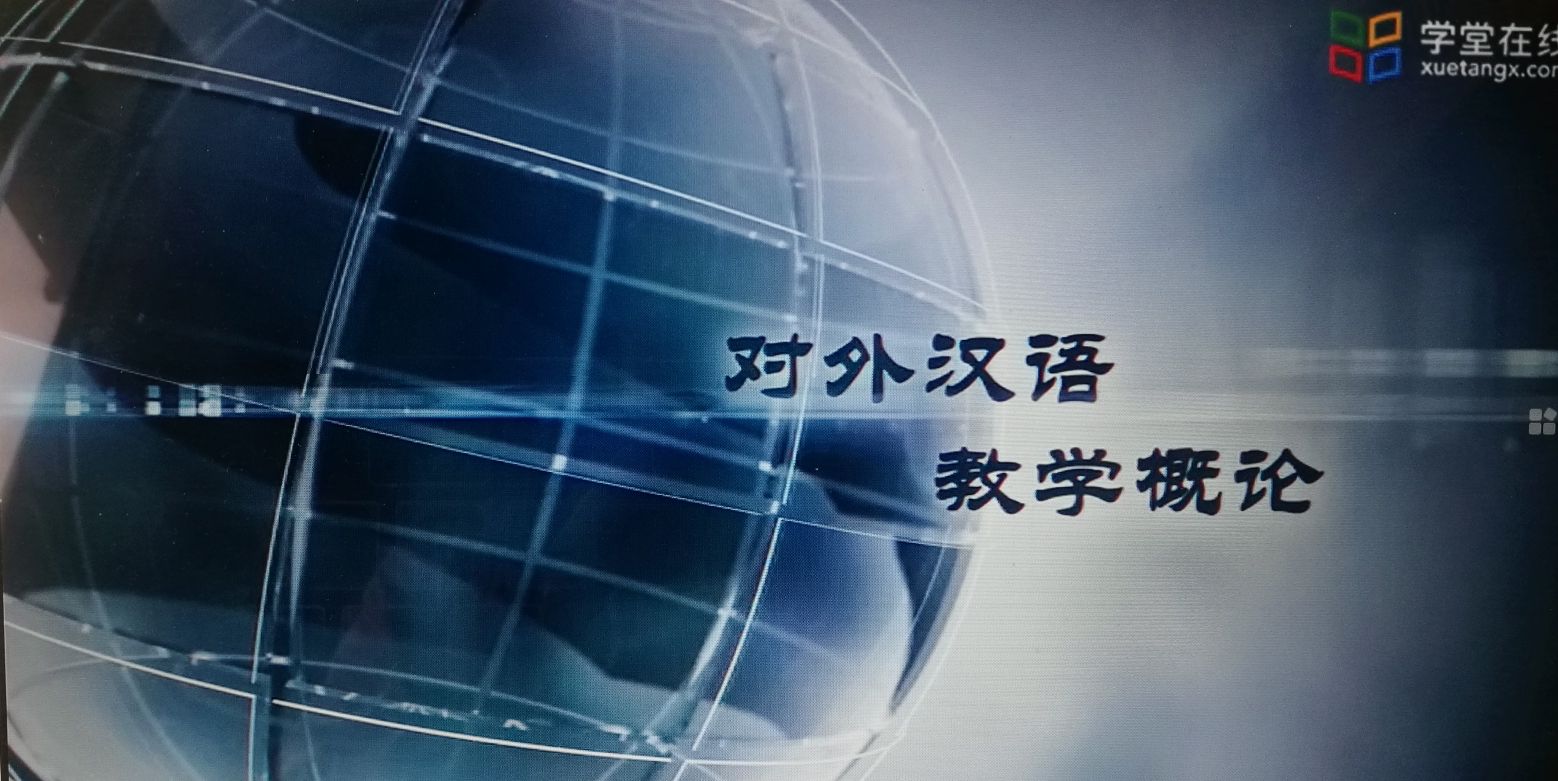
当前课程知识点:Research Methods in Tourism Studies > Week 5 Emerging Issues in Tourism and Hospitality Research > 5.1 Current Research Priorities > 5.1 1 A review of hospitality research
返回《Research Methods in Tourism Studies》慕课在线视频课程列表
返回《Research Methods in Tourism Studies》慕课在线视频列表
大家好 我叫屈海林
我是董事讲席教授和William E. Davis特聘教授
来自俄克拉荷马州立大学斯皮尔斯商学院的酒店和旅游管理专业
很荣幸能与你们
就酒店和旅游管理研究方法的一些问题和发展机会进行交流
这不是对研究方法的完整指导
而是对研究方法的介绍
特别是目前应用于酒店与旅游管理研究的新方法
首先 我想和大家分享的是一张表格
这是由Pizzam教授创建的
Pizzam教授是前中佛罗里达大学的院长
他做过一个关于酒店研究阶段的报告
在报告中他将酒店管理研究划分为四个阶段
分别为 故事讲述者 分析者 模仿者 模仿者和创新者
我在此基础上加入了第五个阶段 并对内容做了一些修改
尝试增加一些我所理解的有关酒店研究进展的内容
在Pizzam教授的阶段划分中
故事讲述者为第一阶段
这个阶段非常早 是从1930年到1950年
这一阶段参与酒店研究的大多为从业者
这意味着在酒店 餐馆工作的人
讲述了他们在工作中发生的故事
因此这一阶段的研究主要是案例研究
分析单位大多是单一的
没有研究方法 研究没有普适性
当然也没有理论贡献
第二阶段我们称之为分析者 是从1950年到1970年
该时期的研究者有从业者
也包括一些学者
他们做的实证研究主要还是简单的调查研究
分析单位仍然是单一的
使用的方法也是单变量研究
研究没有普适性 也没有理论的贡献
第三阶段是模仿者阶段
之所以称之为模仿者 是因为该阶段我们主要是在模仿其他学科的研究方法
如模仿商业研究 管理学 心理学 社会科学等
试图将他们的研究方法和研究架构应用到我们的领域
该阶段是1970年到1990年
这一时期的研究者包括学者和从业者
实证研究类型大多为概念研究
研究方法有单因素和多元分析
同时也涉及一些双变量或多变量研究
该时期研究开始具有有限或全面的普适性
同时也具有了一些理论贡献
我们重点强调模仿者阶段
因为这一阶段
出现了重大的进步——酒店管理博士项目
正如你们所知
康奈尔大学是第一个建立博士项目的学校
但他们每年只培养很少数量的博士生
到20世纪80年代中期
一些重点大学都开始开设博士项目 如宾夕法尼亚州立大学 普渡大学和弗吉尼亚大学
这是酒店管理研究领域的重大进步
因为博士项目是推动酒店研究的驱动力
1980年博士项目开始出现
而如今我们领域有越来越多的博士项目
这的确推动了研究方法的进步
第四阶段我们称之为模仿者和创新者阶段 时间为1990年至2010年
在此阶段 很多学者和研究生都开展了不同的研究项目
大多为实证或者概念性研究
他们运用多元分析 单变量或多变量研究
研究已经具备部分或较强普适性
当然 他们扩展了现有的理论
并且其中有一些研究也创建了理论
第五阶段是从2010年至今
该阶段参与研究的大多是学术人员和西方学生
他们做的大多为实证研究 概念研究或实验研究 在这一阶段 研究贡献越来越明显
特别是对一些期刊而言
如果你没有独创性 这意味着你对学科没有原创的贡献
你的论文将不会被接受
第5阶段实际上是我的补充
我们在酒店研究方面有了更大的进步
这些就是我针对酒店研究发展状况向你们做的简要回顾
目前 在已经发表的或已经完成的研究中
实证研究和概念研究占据两大主流
其中 实证性研究大约占84% 概念性研究大约16%
大多数实证性研究使用一手数据
只有18%使用二手数据
这就是实证研究和概念研究的基本情况
这些是发表在《Annals of Tourism Research》《Journal of Travel Research》
和《Tourism Management》三大期刊的研究主题
很明显 排在第一位的是旅游业的发展 大约占14%
加上旅游者行为和消费者行为研究主题 大约占40.4%
领域内做的最多的研究是行为研究
这是我们对《Annals of Tourism Research》《Journal of Travel Research》
《Tourism Management》三大期刊研究主题的简要回顾
关于研究方法的使用 也是针对这三大期刊
我们可以分为概念性研究 混合方法研究 定量研究和定性研究
大多概念性研究都是关于构建模型
实际上这也是概念性研究的目的
此外 约50%的研究为概念界定
约22%的研究为构建模型
关于混合研究方法 大多使用调查研究
调查研究约占28% 访谈法约占18%
关于定量研究方法 用的较多的也是调查研究
大多数的研究都属于定量研究或推理研究
在定性研究方面 大多用的是访谈法或内容分析法
以上是对这三种期刊使用方法的一个简要概述
但遗憾的是 这三大期刊都是旅游领域的期刊
如果我们对酒店管理类期刊做一些回顾
如《International Journal of Hospitality Management》
《International Journal of Contemporary Hospitality Management》《International Journal of Contemporary Hospitality Management》
《Journal of Hospitality Tourism Research》
也许我们可以发现更多的信息
上述是对旅游领域三大期刊使用方法的回顾
-1.1 Research Question and Research Objectives
--1.1.1 Student interview before class
--1.1.2 The starting point: question
--1.1.3 What is a good research question?
--1.1.4 Ways to find a good research question
-1.2 Title Design
--Acticle: Leisure & Travel as Class Signifier: Distinction Practices of China's New Rich
--Discussion: Why do we research?
-1.3 Literature Retrieval Method and Literature Databases
--1.3.1 Common literature retrieval method
--1.3.2 Common literature search database
-1.4 Information Collection and Academic Journals in Tourism
--1.4.1 Academic journals in tourism research
--1.4.2 Literature collection methods and principles
-1.5 Literature Reading
--1.5.2 Overcoming obstacles in literature reading
--Week 1 quiz
--Discussion: What difficulties have you encountered in reading literature?
-2.1 Philosophical Bases of the Two Approaches
--2.1.1 Philosophical bases of the two approaches
-2.2 Differences between the Two Approaches
--2.2.1 Differences between the two approaches
--Article: Does tourist–host social contact reduce perceived cultural distance?
-2.3 Be Aware of Your Own Research Views
--2.3.1 Be aware of your own research views
--Discussion: How to choose research method?
-2.4 Research Example: Social Tourism
--2.4.1 What is social tourism?
--2.4.2 Established frameworks on social tourism
--2.4.3 Major research findings on social tourism
--2.4.4 Major findings of social tourism research
--2.4.5 Opportunities and challenges for social tourism
--Week 2 quiz
- 3.1 Key Procedures in Qualitative Approach
--3.1.1 Key procedures in qualitative approach
-3.2 Qualitative Data Collection and Analysis
--3.2.1 Key procedures and data collection methods in qualitative approach
--3.2.2 Data collection and analysis in qualitative approach
--3.2.3 Data analysis in qualitative approach
-3.3 Case Study and Content Analysis
--Discussion: Have you ever used a qualitative approach in your research?
-3.4 Using Coding and Themes in Qualitative Research
--3.4.1 Using coding and themes in qualitative research(1)
--3.4.2 Using coding and themes in qualitative research(2)
-3.5 Using Conceptual Framework in Qualitative Research
--3.5.1 Using conceptual framework in qualitative research(1)
--3.5.2 Using conceptual framework in qualitative research(2)
--Article: Tourist typology in social contact: an addition to existing theories
--Week 3 quiz
--Discussion: How to ensure the reliability and validity of qualitative study?
-4.1 Using Questionnaires in Quantitative Research
--4.1.1 Make an effective literature review and research method design
--4.1.2 Learn to write powerful findings and discussion
-4.2 Using Experiment in Quantitative Research
--4.2.4 Eye tracking experiment
-4.3 Using Mixed Method
--4.3.1 Sustainabble tourism development (1)
--4.3.2 Sustainabble tourism development (2)
--Article:Creating a scale for assessing socially sustainable tourism
--Week 4 Quiz
--Discussion: How to use quantitative methods to study tourists' reaction?
-5.1 Current Research Priorities
--5.1 1 A review of hospitality research
--5.1.2 Impact of information technology on hospitality and tourism research
-5.2 Multi-Level/ Multiple Sources of Date Collection
--5.2.1 Experimental design (1)
--5.2.2 Experimental design (2)
--5.2.3 Multi-level/multiple sources of data collection
-5.3 Mixed Method and Interdisciplinary Research
--5.3.2 Interdisciplinary research
--Article: The meanings of destination: a Q method approach
--Discussion: Can you talk about your understanding of research methods?
-5.4 Using Delphi Method in Research Design
--5.4.1 What is the Delphi method?
--5.4.3 Characteristics of the Delphi method
--5.4.4 Predicting the future of wine tourism
--Week 5 quiz
--Discussion: Philosophical basis of research methods
-6.1 Journal Publication
--6.1.1 How to publish in the top journals? (1)
--6.1.2 How to publish in the top journals? (2)
--6.1.3 How to publish in the top journals? (3)
--6.1.4 How to publish in the top journals? (4)
--Article: Analyzing the economic sustainability of tourism development: evidence from Hong Kong
-6.2 Academic Ethics
--6.2.2 Student interview after class
--Week 6 quiz
--Discussion: Academic publication and academic ethics
--Final quiz
